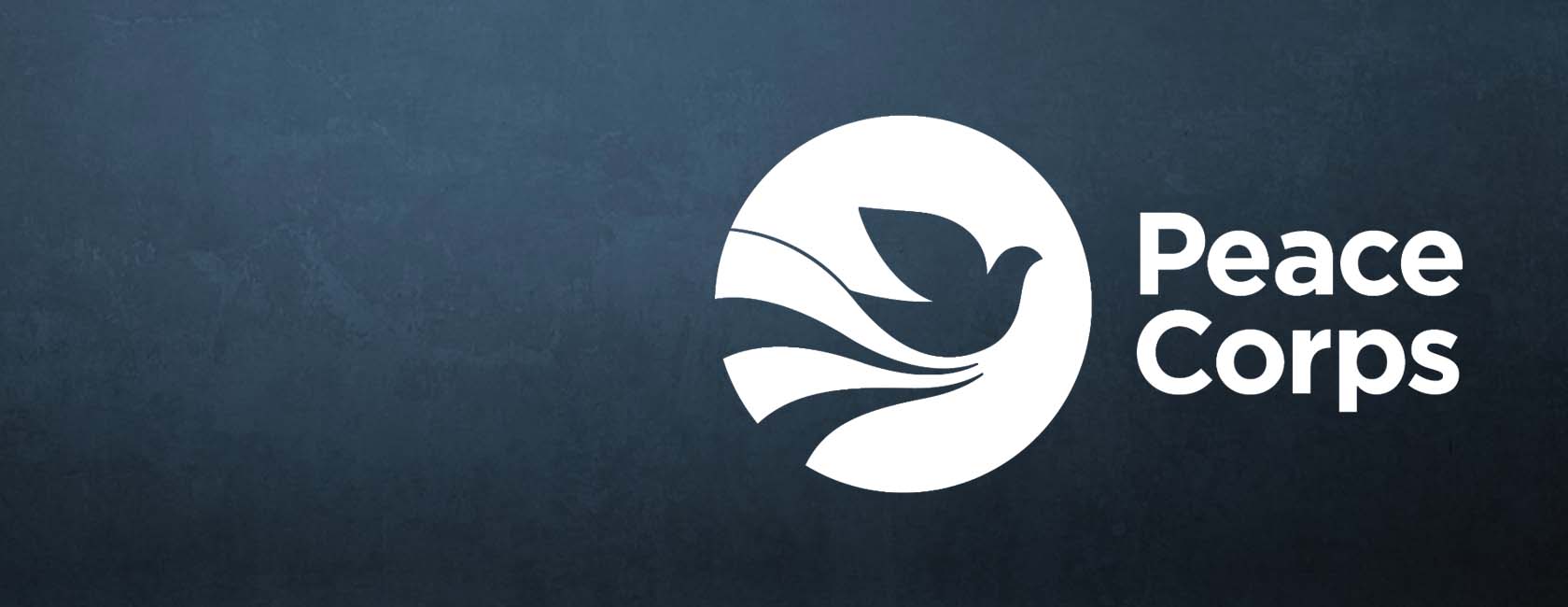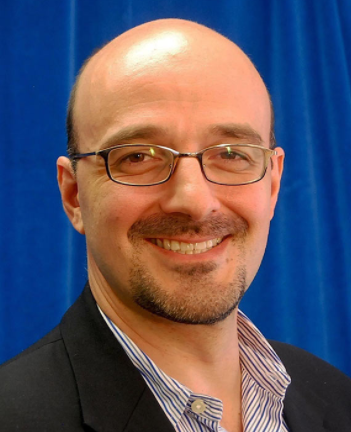PLU Peace Corps program prepares Lutes for service work abroad

By Genny Boots '18
PLU Marketing & Communications
TACOMA, WASH. (Feb. 22, 2017)- Bonnie Nelson ’08 didn’t always plan on joining the Peace Corps. But when she met a returned volunteer in graduate school who helped her learn more about the organization, her plans changed.
“It was through conversations with her about her experiences and growth through the program that I decided to apply,” said Nelson, who taught English for two years in Baruun-Urt, Mongolia, starting in 2011.
Pacific Lutheran University hopes to create similar connections through its new Peace Corps Prep Certificate Program, which launches this semester.
Beyond course requirements and hands-on work hours, Peace Corps Prep will include speaking events with Peace Corps alumni, including one that precedes the third biennial Chris Stevens Memorial Lecture on March 1.
Nelson and three other Peace Corps alumni, who are also Lutes, will speak on a panel at 3:45 p.m. in the Scandinavian Cultural Center before the evening lecture, which features Shamil Idriss, president and CEO of Search for Common Ground.
PLU’s new program will help ensure that Lutes interested in service work will meet all the necessary requirements to apply for service with the Peace Corps and other international or domestic service programs.
And this is just the next step for PLU and the Peace Corps. More than 260 Lutes have served in the Peace Corps alone, and even more have joined service programs such as AmeriCorps, Lutheran Volunteer Corps and Jesuit Volunteer Corps. PLU is one of three universities in Washington state to offer a Peace Corps Prep Certificate Program.
“I think fits so well with the mission and PLU’s focus on care and creating a community of care for others,” said Katherine Wiley, assistant professor of anthropology and director of the new program. “But also I think social justice issues, diversity and sustainability is a big part of the Peace Corps.”
Wiley added that the program will help make the transition easier for students who are already on track to join the Peace Corps or other service organizations.
The decision to bring this program to campus was easy. After mapping out the Peace Corps certificate requirements, Tamara Williams and Joel Zylstra — directors of the Wang Center for Global and Community Engaged Education and the Center for Community Engagement and Service, respectively — found that some students were already completing the program just based off their majors.
“It was global studies, environmental studies and Hispanic studies,” Zylstra said. “When there is overlap like that it’s kind of like ‘why not?’”
Zylstra and Williams were approached by the Peace Corps in 2015, in an effort to reach out to universities that have a history of service. Over the next two years, Zylstra and Williams tweaked the program for PLU, had it approved by faculty and the Board of Regents. Then, they brought Wiley into the fold to direct the program and opened applications in February.
“Our initial reservation was we don’t want to be exclusive to the Peace Corps. But there is something about the name and the brand of the Peace Corps that I think is appealing to students,” Zylstra said. “Then when we looked at the criteria, it just made sense. These are things we want from PLU students.”
Wiley was an obvious choice to lead the program. Not only is she a faculty member who can work directly with the professors on campus, but she is a Peace Corps alumna herself.
She taught English for two years in Mauritania, a large country on the northwest coast of Africa. Later, Wiley returned for doctoral work. She maintains connections with communities there.
“One thing I learned in the Peace Corps was that relationship building and spending time with people was something I was really passionate about,” Wiley said. “And to some extent that is what cultural anthropologists do, we study contemporary human life.”
Now, Wiley will help PLU students coordinate the courses they need and find internships or volunteer opportunities in Peace Corps sectors, such as education, health or environment.
“It will be a way to to dig into the hard questions, like what does it mean to be privileged people from the United States to go ‘help people elsewhere’ and how can we do that in an ethical and engaged way,” Wiley said. “I wish I could have done something like this when I went to school. I would have entered Mauritania better prepared for service than I did.”
Some of the best advice Nelson, one of the alumni panelists, can offer students interested in Peace Corps or related service is simple — listen.
“Listen to the stories from community members about the history of an area, listen to how people respond to your own privileges that you may take into a situation, and listen to yourself when you are challenged or frustrated when things aren’t going exactly as planned,” she said.
And that is what Wiley, Zylstra and Williams hope to accomplish with this new program, a chance to give students tools to listen and critically engage in service.
“I think this aligns well with PLU’s vision for global education,” Zylstra said, “it’s not about getting people to study abroad but it’s about how do you raise consciousness about where we fit into a global society and I think this is one more helpful mechanism to do that.”
Interested in Peace Corps Prep?
Contact Katherine Wiley at wileyka@plu.edu or visit www.plu.edu/peace-corps for more information.



